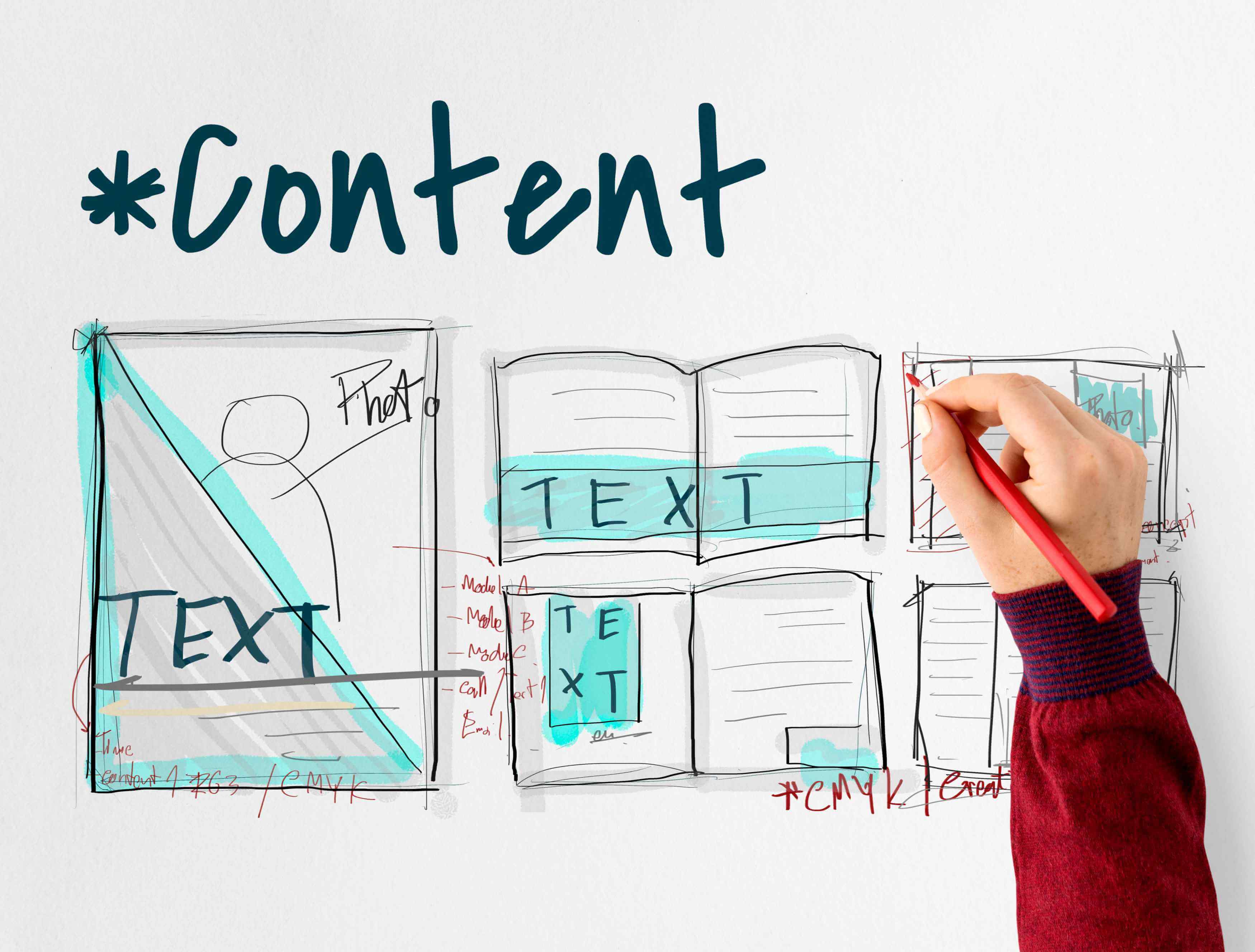In the world of formal communication, whether in business, legal, or academic settings, the well-known phrase “To Whom It May Concern” has long been a standard salutation when the recipient’s identity is unknown.
However, in today’s highly personalized and digitally connected era, the appropriateness of this phrase is often debated. As personalized communication tends to foster stronger connections and better responses, many professionals now prefer greetings that reflect a more direct and individualized approach.
Despite this shift in the approach, “To Whom It May Concern” remains a useful tool in certain situations where identifying the specific recipients is impossible or impractical. It can convey a formal tone and signal that the message is intended for any relevant party who can address the matter at hand.
Yet, overusing this phrase or using it in contexts where a more tailored salutation is feasible can come across as impersonal or outdated.
When Should You Use “To Whom It May Concern”?
While it might seem dated, you can still use “To Whom It May Concern” in formal communications when:
-
You don’t know the recipient’s name or title, and no other information is available.
-
You’re writing a reference letter, especially when it's intended to be used multiple times.
-
You’re submitting a formal complaint or inquiry to a generic department.
-
You’re writing a business proposal to a company with no specific contact person.
-
You’re preparing a letter of recommendation for general use.
-
You’re writing a letter of intent to an unspecified party.
However, there are some instances where you need to avoid this salutation, such as:
-
You can find the recipient’s name with minimal effort: Using a name makes the message more personal and engaging
-
You're emailing a modern business or startup: The phrase may seem impersonal or outdated
-
The communication is casual or semi-formal: It's too formal and may come off as stiff
-
You want to stand out in a job application: Personalized greetings show initiative and research skills
-
The recipient is known but has a general title (like “Dear Hiring Manager”): Using a specific title is more appropriate and modern
In professional settings, personalizing your greeting whenever possible leaves a much better impression.
How to Capitalize “To Whom It May Concern” Correctly
Proper capitalization and formatting matter in formal writing. Even a minor mistake in capitalization can reflect poorly on your attention to detail. Whether you are sending a printed letter or a professional email, how you present your salutation sets the tone for the rest of your message.
Using correct capitalization not only enhances readability but also signals that you understand the conventions of formal language. This is especially important when addressing individuals or institutions in business, academia, or government, where protocol is often valued.
Capitalization Rules
All major words in the phrase need to be capitalized because it functions like a title or header, and this follows title case rules, which are to capitalize nouns, pronouns, verbs, adjectives, and adverbs.
The correct way to capitalize is:
To Whom It May Concern
Incorrect ways are:
to whom it may concern
To whom it may concern
To Whom it May Concern
Formatting in Letters/Emails
The formatting of the phrase also plays a role in maintaining professionalism.
-
Placement: Align it to the left margin, just like any other salutation.
-
Punctuation: Use a colon or comma after the phrase.
Most commonly: To Whom It May Concern: (preferred in formal letters)
Acceptable in emails: To Whom It May Concern,
-
Spacing: Add a line of space before and after the salutation.
Common Mistakes
Even though “To Whom It May Concern” is a widely recognized phrase, it is surprisingly easy to get wrong. Small errors in capitalization, punctuation, or formatting can undermine the professionalism of your message.
|
Mistake |
Explanation |
Correction |
|
to whom it may concern |
All lowercase is informal |
To Whom It May Concern |
|
To whom it may concern |
Only the first word capitalized |
To Whom It May Concern |
|
To Whom It May Concern. |
Ends with a period instead of a colon or comma |
To Whom It May Concern: |
|
To Whom it May Concern |
“It” should be capitalized |
To Whom It May Concern |
Alternatives to “To Whom It May Concern”

If you want to avoid sounding generic or even outdated, there are several alternatives that can add a touch of personalization while still remaining professional. These alternatives are especially useful when yıu are able to identify the department or purpose of the communication.
Some greeting options:
Dear [Job Title] (e.g., Dear Hiring Manager)
Dear [Department Name] (e.g., Dear Customer Service Team)
Dear [Company Name] Team
Dear [Name of the Recipient] (if known)
Dear Sir or Madam
Dear Human Resources Department
Dear [Position, if known]
Greetings
Hello [Team/Title]
Dear Recruitment Committee
Sample Letter Using “To Whom It May Concern”
In some formal situations, like writing a reference letter, submitting a general inquiry, or drafting a recommendation, using “To Whom It May Concern” is still considered appropriate.
The following is an example of a formal business letter using “To Whom It May Concern” as the salutation.
[Your Name]
[Your Address]
[City, State, ZIP Code]
[Email Address]
[Phone Number]
[Date]
To Whom It May Concern:
I am writing to recommend Jane Smith for the position of Marketing Manager. I had the pleasure of working with Jane at XYZ Inc., where she demonstrated exceptional leadership and creative problem-solving skills. She consistently exceeded expectations, managed multiple campaigns simultaneously, and maintained strong client relationships.
Jane’s work ethic and team-oriented mindset make her an asset in any organizational environment. I am confident that she will bring value and innovation to your team.
If you require further information, please feel free to contact me.
Sincerely,
[Your Full Name]
[Your Job Title]
Sample Email Format With “To Whom It May Concern”
In professional email communication, formatting is just as important as the tone. When using a formal salutation such as “To Whom It May Concern,” it is important to ensure the rest of your message reflects the same level of clarity and professionalism.
While this greeting is more commonly found in printed letters, it can still be used in emails, especially when the recipient’s name or department is unknown.
Now, let's walk through the structure of a well-composed email using “To Whom It May Concern.”
Subject Line:
Reference Letter for Jane Smith
Salutation:
To Whom It May Concern,
Body (Bulleted Breakdown):
-
Introduction: Begin by stating your purpose clearly and concisely.
Example: "I am writing to recommend Jane Smith for the role of Project Manager."
-
Details: Share relevant experience, qualifications, or context.
Example: "Jane worked under my supervision at ABC Corporation for three years, consistently exceeding performance expectations."
-
Specific Achievements or Examples: Highlight measurable results or notable contributions.
Example: "She led a cross-functional team that delivered a key project three weeks ahead of schedule, increasing client satisfaction by 25%."
-
Closing Statement: Offer additional assistance or reinforce your support.
Example: "Please feel free to reach out if you require further information."
-
Closing and Signature:
Example: "Best regards, Michael Thompson, Senior Project Manager, ABC Corporation, m.thompson@email.com, (555) 123-4567"
Frequently Asked Questions

Is “To Whom It May Concern” outdated?
Yes and no. While still acceptable in very formal or traditional contexts, it can feel impersonal or outdated in modern communication. Whenever possible, use a more personalized or relevant salutation such as “Dear Hiring Manager” or “Dear Customer Support Team.”
Should I use a comma after “To Whom It May Concern”?
Yes, in emails or less formal letters, it is standard to use a comma after “To Whom It May Concern.” For example, you would write: “To Whom It May Concern,” with a comma at the end. However, in very formal letters, a colon is preferred instead of a comma, so you would write: “To Whom It May Concern:” Avoid ending this salutation with a period, as it is considered incorrect.
Is “To Whom It May Concern” capitalized?
Yes, every major word in the phrase “To Whom It May Concern” should be capitalized. This means you should write it exactly like this, with each word starting with a capital letter. Using lowercase letters or inconsistent capitalization is viewed as unprofessional and should be avoided to maintain proper formal tone.
Can I use “To Whom It May Concern” in an email?
You can use “To Whom It May Concern” in an email, particularly if you genuinely do not know who the recipient is. That said, if you are able to find the recipient’s name, their job title, or even the department they belong to, it is better to use a more personalized greeting. Personalized salutations help create a stronger connection and show that you have made the effort to tailor your message.
What are formal alternatives to “To Whom It May Concern”?
If you want to avoid the generic nature of “To Whom It May Concern,” there are several formal alternatives that can make your message feel more directed and thoughtful. For example, you can address your letter or email to “Dear Hiring Manager,” “Dear Human Resources Team,” “Dear Customer Support,” or “Dear [Department Name].” If you know the recipient’s name, using “Dear [Full Name]” is always preferable and demonstrates a higher level of professionalism and attention to detail.















